Office Hours: 30 minutes with Jamie Piltch
“It’s not enough to say ‘don’t do this’; we need to help give students identity and meaning apart from status, and I think teaching about citizenship and civic engagement is a phenomenal way to do that.”
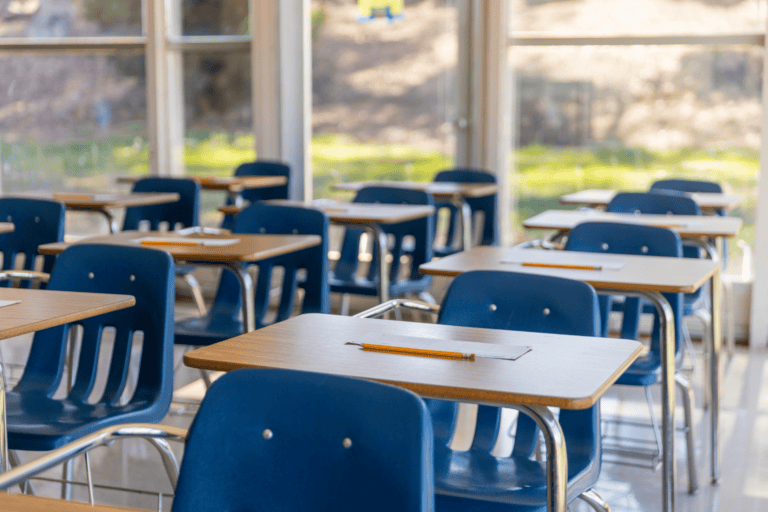
“It’s not enough to say ‘don’t do this’; we need to help give students identity and meaning apart from status, and I think teaching about citizenship and civic engagement is a phenomenal way to do that.”

Three resources to help you create safe spaces for queer students.
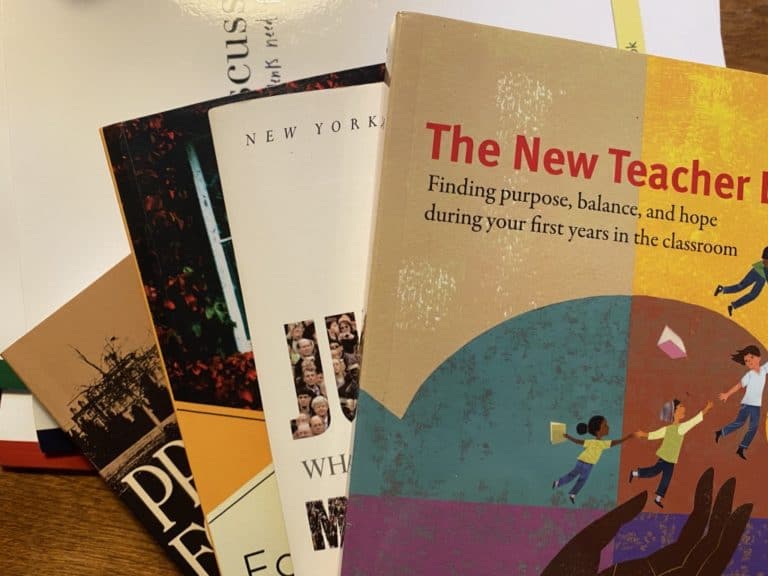
Three new (and old) calls to embrace, invigorate, and develop reflective practice.
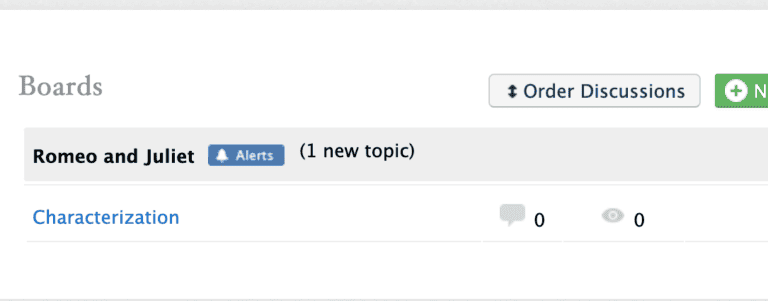
“I always want for the kids in my classes to feel like that: heard, seen, and known.”
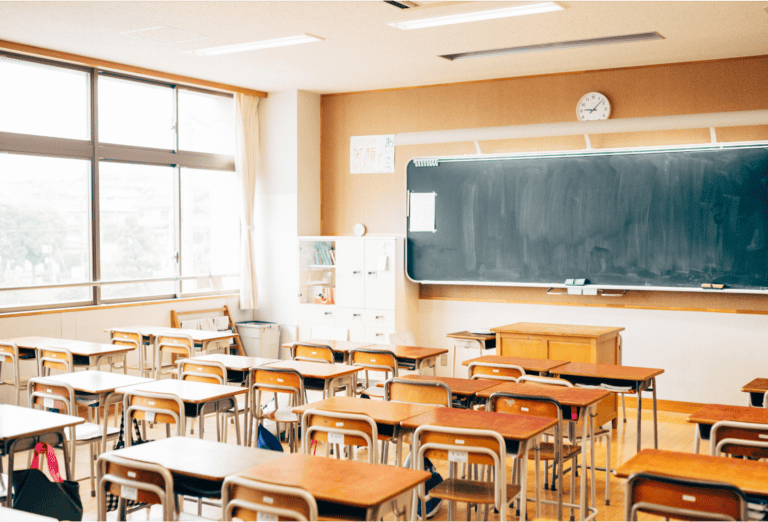
“Teaching the skill of having conversations about identity is different than teaching the skill of how to apply a math formula to the real world. You can’t apply formulas to an identity. We, as educators, have to be comfortable with fumbling through conversations and not having all the answers and having to model what it’s like when you say the wrong thing or learn something.”
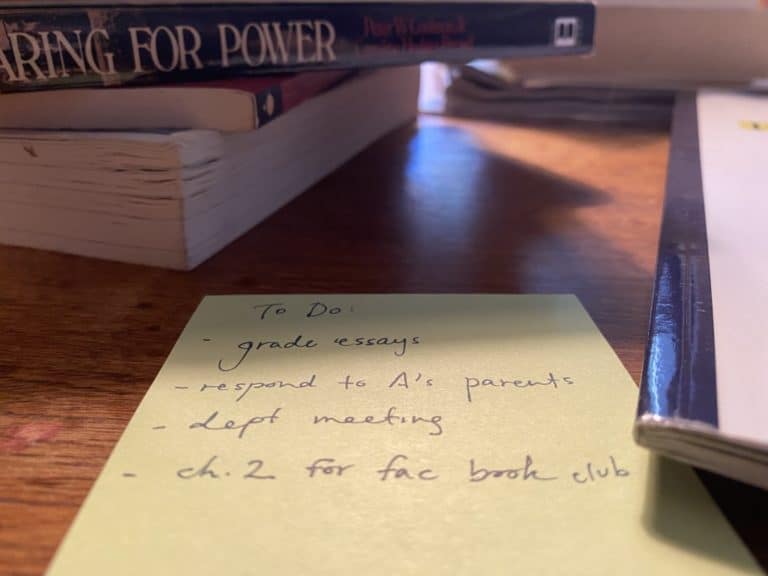
“Every once in a while, I wander and look in other people’s classes: I’d like to see what people are doing in other disciplines. How do they handle their lessons? How are they arranging their desks and table? I just ask.”
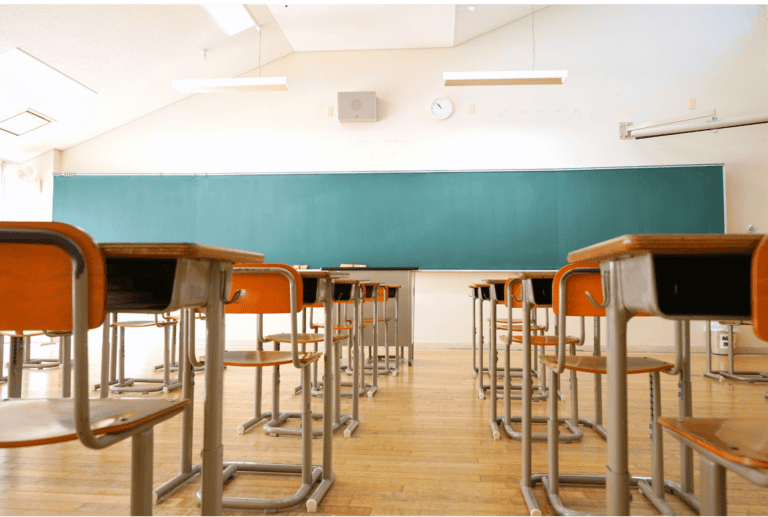
“There’s no way that we can guarantee that a discussion is equitable. What we can work toward is finding as many ways to get student voices into it as possible.”
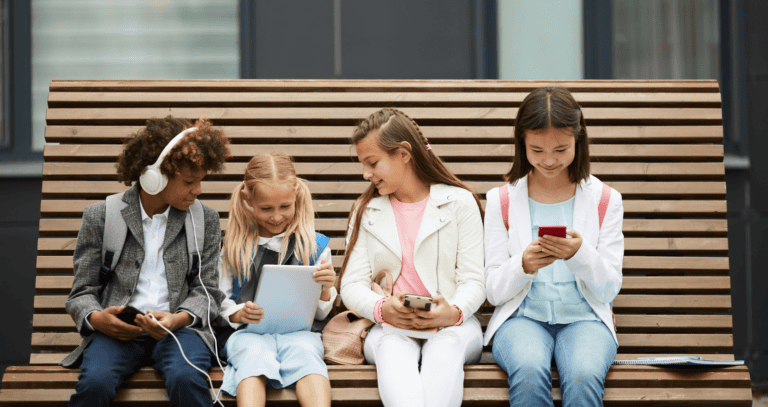
What if audiobooks could lead students to more creative reading and better listening?

“There’s a creative force within schools, but to move forward, we need a community-centered approach that draws everyone in to make change. In order for that to happen, something has to drastically disrupt the current system. Possibility and liberation has to become the imperative over maintaining systems.”

“Teaching is demanding! These folks have to be attending to children’s mental health even as they are trying to teach them educational materials. To maintain community well-being, we need to look “upstream” at who’s running the ship, and in the classroom, that is the teacher. Everything’s affected if they’re doing well, or doing poorly. So you, as a teacher, are the upstream influence. Your wellbeing matters — of course your knowledge and skills do too, but to maximize them, we have to be sure you feel good as a human being.”